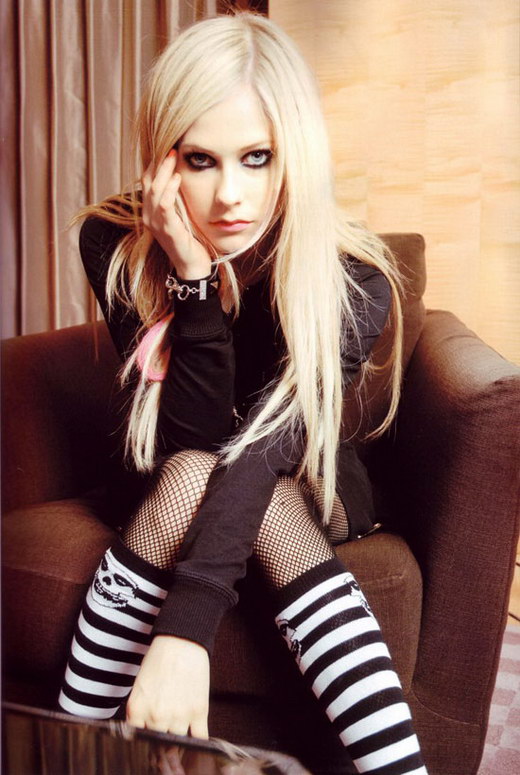 1. CBC Book Club interview: The CBC Book Club tracked Patricia down to ask her several questions about her film, Fanny Price and what she's working on now.
1. CBC Book Club interview: The CBC Book Club tracked Patricia down to ask her several questions about her film, Fanny Price and what she's working on now.Q.: A decade ago, your adaptation of Mansfield Park was a part of the explosion of Hollywood interest in Jane Austen. You wrote and directed Mansfield Park. What drew you so strongly to this book?
A: First and most importantly, the plight of the main character -- her status as an outsider moved me. Then, I was interested in how different this novel was from the others. What was going through Austen's mind when she wrote it? It's so much more grave and engaged with issues of morality than the previous ones to that point. Then I read a couple of academic essays which suggested that this book was something of a meditation on the ideas of captivity and is born from a position of anger about the treatment of people as property. Then I read about the fact that the slavery issue was HUGE at the time of writing, raging in every wealthy home, and there was a court battle that resulted in something called the Mansfield Judgment -- the first case that restricted slavery in England. It was part of the public discourse of the time. And there were a few mentions of Austen loving a favourite abolitionist writer of the time. All these things together made me think I could engage with one of the greatest writers in English on one of her most unusual novels about something deeply important. I felt like I could make something new and add to our perception of Austen in an authentic way.

Click on this link to read the entire interview.
2. Interview at Moving Image Source - This page offers a 36-minute oral interview with the director. You can also download a PDF document of the transcript.
[Patricia] changed direction with the period filmMansfield Park, an adaptation of Jane Austen's most difficult novel. "It's a tangled and dark work with a kind of atmosphere of sexuality and menace on the whole," says Rozema, as she talks candidly and intelligently about how she created a film that brought a modern perspective to its interpretation of the Jane Austen novel, while remaining true to the spirit of the book.
- Click on the page and scroll down to listen to the 36-minute MP3.





No comments:
Post a Comment